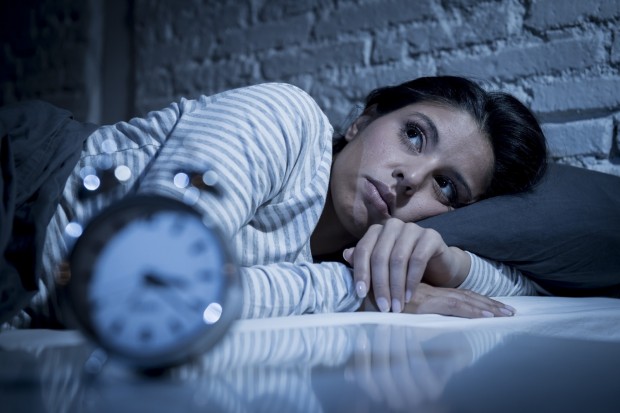Photo : Canva
Summary
-
Sleep is vital to our healthy functioning, but many Americans struggle to fall asleep and get the required amount of slumber every night.
-
Things like reducing your caffeine consumption and minimizing your screen time before bed can help you get a better night's sleep.
-
If these tips don't work, you may also want to give prescription sleeping drugs or natural sleeping aids a try.
-
CBN is one of the most potent sedatives out there, and it is several times more potent than most over the counter and prescription sleeping pill
Sleep is essential as it gives our body a chance to rest and repair itself, both physically and mentally. With over half of Americans failing to get the recommended 8 hours of sleep (for adults) on at least a few nights per month, many of us potentially jeopardize our health by consistently failing to get enough sleep.
Getting fewer than 7 to 9 hours of sleep is likely to leave you feeling lethargic and unmotivated the next day, making it very difficult to concentrate. If you do this fairly regularly, your work or education will suffer considerably, and in the long run, you may notice more serious adverse effects on your physical and mental health.
The good news is there are many different things you can try as you seek after a better night's sleep...
Minimize Caffeine Consumption
The first (and perhaps most obvious) thing you can do to help you fall asleep more easily and get quality rest is to minimize your caffeine intake. Ideally, it would help if you cut it out of your diet altogether or avoid it around 6 hours before you plan on going to bed.
The reason why you should cut out caffeine is that it's a stimulant. So, consuming it makes your body feel more alert and energized, which is the complete opposite of what you want when getting yourself ready for bed, especially if you generally struggle to fall asleep.
You can reduce your caffeine intake by switching to decaf coffee, only drinking certain types of tea, and completely cutting energy drinks out of your diet.
Drink More Water
Water is important for your general wellbeing - and drinking plenty of water has been found to help some people get a better night's sleep.
You should aim to drink at least 2 liters of water per day, though you should avoid drinking too much right before you sleep as you may then wake up in the middle of the night to go to the toilet.
Use a Sleeping Aid
There are countless sleeping aids to try out, from prescription sleeping drugs to natural sleeping aids like Cannabinol (CBN) and chamomile.
CBN, aka "sleepy cannabinoid" due to its potent sedative properties, can be purchased online or in some stores, usually as an oil or tincture. As for chamomile, the easiest way to consume it is as a tea around 30 minutes before bed.
Minimize Your Screen Time Before Bed
Blue light exposure can adversely impact your circadian rhythm and make it harder for you to fall asleep, so you should aim to reduce your screen time as much as possible in the hour or so before you plan on going to sleep.
This means not checking your phone, going on your laptop, or watching TV before bed.
-
s.
* This is a contributed article and this content does not necessarily represent the views of universityherald.com









